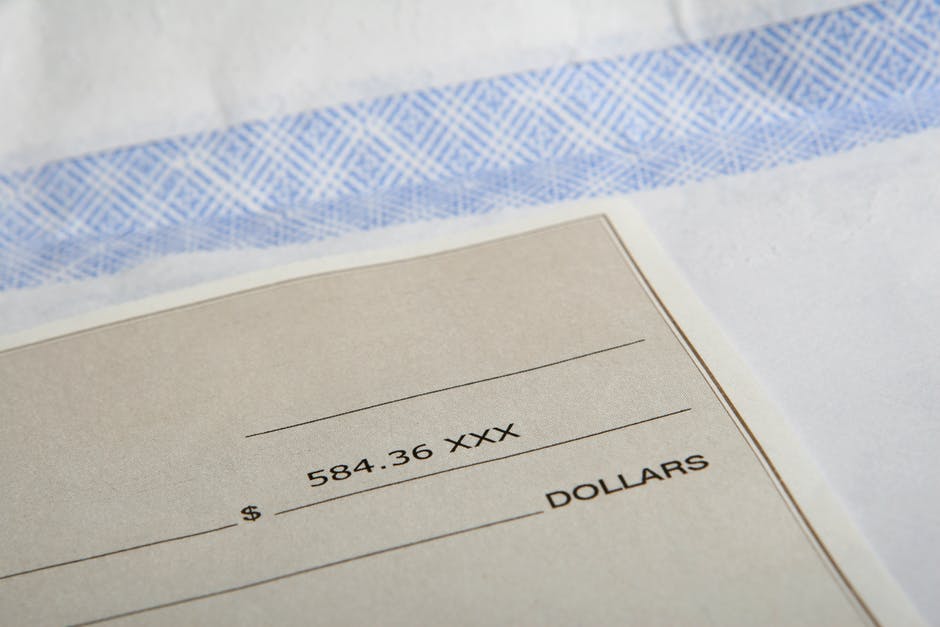
Nearly 80% of Americans live paycheck to paycheck. If you’re one of them, you know how stressful that can be day to day, not to mention when extra expenses or emergencies arise.
If you’d like to get out of the cycle and learn how to stop living paycheck to paycheck then we’ve got some tips to get you on the right track.
Let’s get started!
Show Me The Money
You can’t figure out how to cut costs and save money if you don’t know where all your money is going in the first place.
Small things add up quickly and you may not even realize your daily cappuccino stop on the way to and from work adds up to more than $300 every month.
Get a better picture of what your expense are:
- Mortgage or rent
- Transportation
- Food and energy
- Healthcare and insurance
- Clothing and necessities
- Entertainment and hobbies
- Education
- Loans, credit cards, and interest
Once you calculate where your money is really going, you can figure out where you can make some changes.
Create a Realistic Budget
Keep an accurate record of your income through your paystubs or bank statements. If you are self-employed or run your own business you can create your own paystubs to help you keep track through a pay stub creator website like this.
Figure out where you can cut corners:
- Are you living above your means?
- Can you downsize to a smaller home?
- Do you need that second $4 cappuccino every day?
- Would it be cheaper to take public transportation? (rather than pay gas, insurance, parking and other expenses associated with driving)
- Do you shop around for big purchases?
Ask yourself if each expense is a need or a want. This will help you determine which ones can be adjusted so you can start to save money. Create a household budget that is realistic for your needs and your resources.
Invest in Your Future
When setting out a budget it helps to consider saving for the future to be an essential investment rather than a luxury.
Some ways you can accomplish this:
Set a Financial Goal
It’s easier to motivate yourself to sacrifice now if you know what the reward will be later. Set goals and rewards for yourself to work towards.
Some examples of financial goals could be:
- Paying off debts and loans
- Buying a new home
- Going on vacation
- Purchasing a vehicle or other major item
- Retirement or education Funds
You don’t have to save hundreds every month. Start small by saving your change at the end of every day. Many people pay for their entire vacation each year just by saving their pocket change.
Don’t Buy on Credit
It’s easy to think you’ll have money in the future to pay for something you put on credit now, but life is full of unexpected expenses. If you don’t have the money in your bank account now then putting unnecessary purchases on credit is setting yourself up for financial stress later.
Savings Accounts
When you’re living paycheck to paycheck it’s easy to quickly drain your bank account and be eating Kraft Dinner for the last few days before payday. It can be easier to live by the principle of “out of sight, out of mind” when it comes to trying to save.
Many people have money taken directly from their paycheck to go into a savings account. Others immediately transfer money into an account they can’t access on their bank card so they can avoid any temptation to impulse buy with their savings.
Learn How to Stop Living Paycheck to Paycheck
There are many resources available to help you learn how to stop living paycheck to paycheck. Whether you need to look at getting a new career, cutting back on your expenses or learning to manage your money better you can save money if you make informed and smart decisions.
Check out the 14 best titles you can stream at home while working out your budget and saving on entertainment fees.
